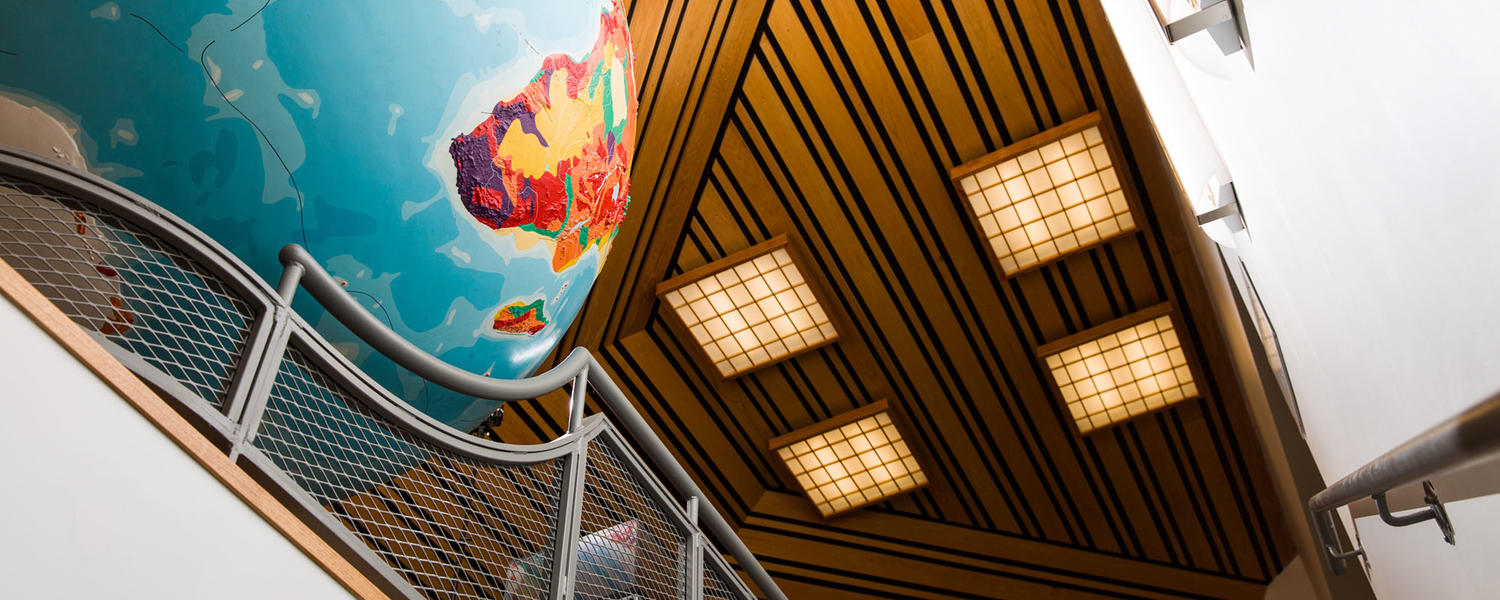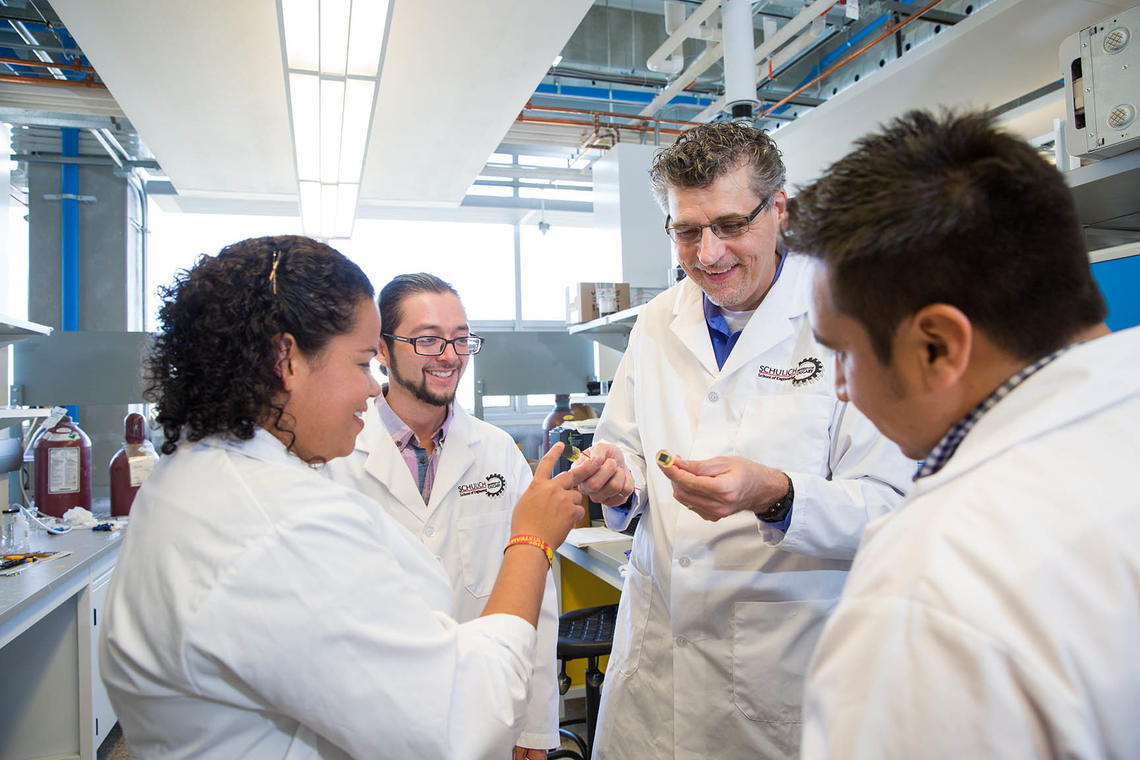
Global Impact
We are developing solutions for some of the greatest challenges facing the global energy industry and pressing issues confronting the environment.
GRI is a major vehicle to translate lab-based technology innovations into full-scale solutions. With domestic and international partners from industry and academia, GRI creates a network of global hubs for discovery, creativity and innovation in unconventional energy research.
The University of Calgary has secured four major sites as part of the Global Research Initiative: Western Canada, China, and Mexico. Each site is strategically positioned around the globe in areas that have significant unconventional energy resources and unique regulatory frameworks.
Mexico Research Collaboration

The University of Calgary’s partnership with Mexico will draw upon the university’s world-leading expertise to solve complex challenges in technology, governance and regulation. The university recognizes the support through the Sectoral Fund provided by CONACYT-Secretaría de Energía — Hidrocarburos through the creation and incorporation of four Knowledge Networks. This partnership will tackle the specific challenges facing Mexico’s hydrocarbon sector: scientific and technological research in the area of energy, development and deployment of technologies, training and capacity development in energy policy, regulation, business units and governance. Research projects such as these stand to advance both countries’ efforts in reducing greenhouse gas emissions and increasing energy security.
Beijing Research Collaboration

Through the Global Research Initiative in Sustainable Low Carbon Unconventional Resources (GRI), the University of Calgary has taken a leadership role in driving innovative research in unconventional oil and gas in China. Focused on collaborative research, education and training, the Beijing Research Site leverages the University of Calgary’s world-class expertise in unconventional hydrocarbon resources (UHR) and technologies such as shale and tight gas and oil, coal-bed methane, heavy oil, oil-sands bitumen and gas hydrates.
Located in the Kerui Group's offices in Beijing, the Beijing Research Site houses state-of-the-art equipment and over 4000 square meters of laboratories for research related to unconventional hydrocarbon resources. This collaboration in China has led to many joint publications and growing research partnerships with companies, universities and institutions in China.
University of Alberta Research Collaboration

Both the University of Calgary and the University of Alberta share a common drive to build a low carbon and energy-efficient Canada, thus creating an example in the global scenario. Both universities are combining their strengths and world-leading researchers to propel Canada towards a sustainable future.
In 2016, the Canada First Research Excellent Fund (CFREF) invested a total of $150 million into the province, with $75 million allocated to the University of Calgary and $75 million allocated to the University of Alberta. As part of the awards, a portion of the two funds, $6.5 million each, were allocated from the two universities to create collaborative research projects that are within the mandates of the two CFREF research programs.
To date the two universities have created nine collaboration projects, involving more than 20 faculty members, with more than 30 graduate students and postdoctoral scholars. The universities have held three large joint workshops (fall 2017, spring 2018, fall 2018) for updating research progress collectively to the joint project participants.
